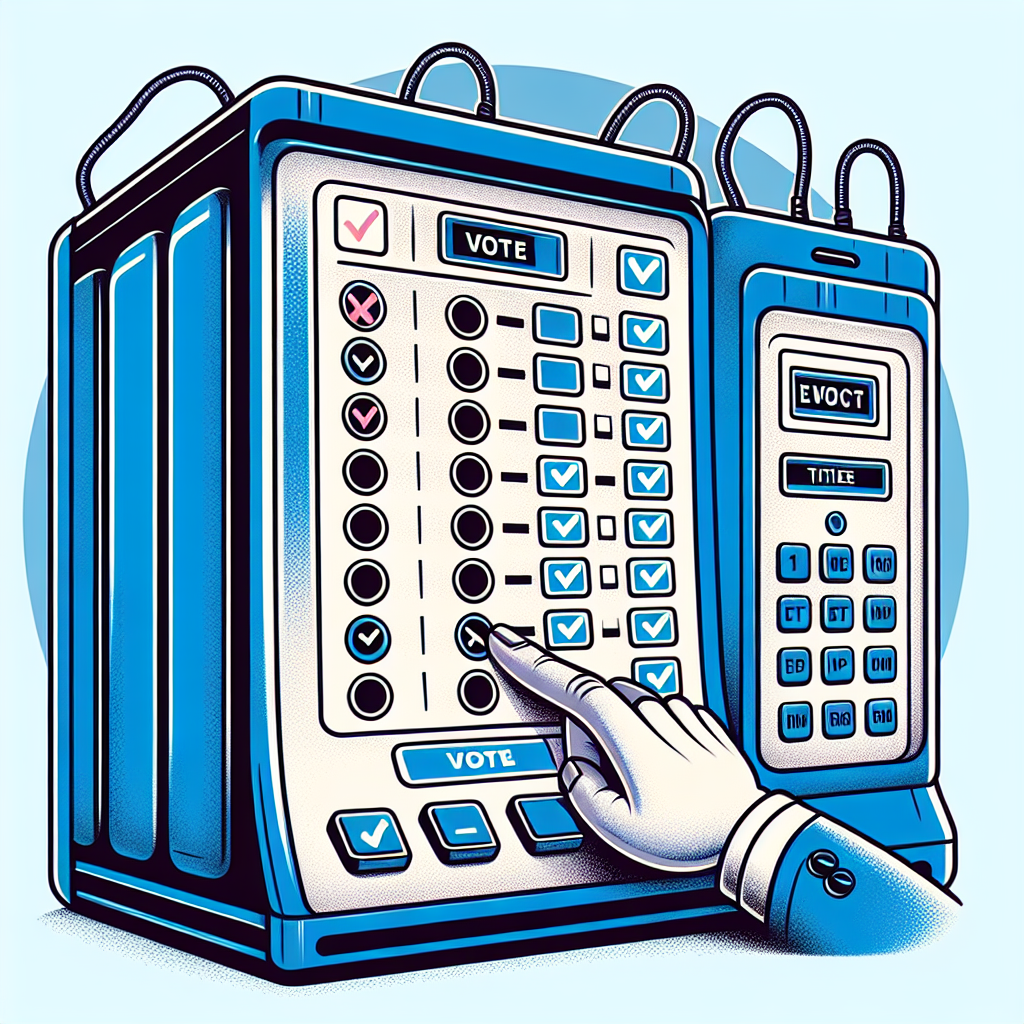EVMs: Debating Credibility and Security in Indian Elections
The Indian Supreme Court and various high courts have addressed 42 petitions challenging the reliability of electronic voting machines (EVMs), with consistent rulings affirming their credibility. The government detailed numerous protective measures, emphasizing the technological and administrative safeguards in response to skepticism over EVM integrity.

- Country:
- India
An ongoing debate on the reliability of electronic voting machines (EVMs) has led to 42 petitions filed in the Supreme Court and high courts, questioning their integrity. Despite these challenges, the judiciary consistently upholds the machines' credibility, the government revealed in the Lok Sabha on Friday.
Addressing concerns about EVM tampering or hacking, Law Minister Arjun Ram Meghwal emphasized that, according to the Election Commission, EVMs operate independently without radio frequency communication, making them secure against wireless vulnerabilities.
Minister Meghwal highlighted EVMs' robust security features, including one-time programmable chips and advanced encryption. He dismissed allegations by the Congress party that EVMs yield inconsistent results due to battery variations, underscoring rigorous safeguards during storage and operation.
(With inputs from agencies.)
- READ MORE ON:
- EVMs
- security
- India
- elections
- reliability
- juridical
- petition
- technology
- safeguards
- integrity
ALSO READ
Honda and Nissan: A Potential Historic Merger Amid Rising EV Competition
Supreme Court Petition Challenges Election Rule Amendments
Supreme Court Petition Seeks Education Admission for Rohingya Refugee Children
Indian Paint Industry Faces New Challenges Amid Rising Competition
Telecom Titans Grapple with 5G Rollout Amidst Rising Competition from Satellite Services










